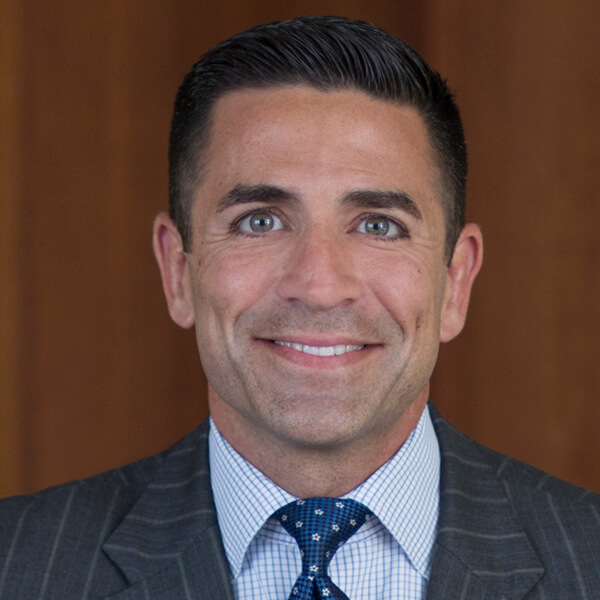Qualified tuition savings plans, better known as 529 plans, have become a popular way to save for college. The SECURE 2.0 Act of 2022 now makes it possible to use these tax-advantaged accounts to fund beneficiaries’ retirement accounts. (Tax-advantaged treatment applies to savings used for qualified education expenses. State tax treatment varies.) Starting in 2024, 529 plan assets can be rolled over directly into a Roth individual retirement account (IRA) for the beneficiary of the 529 plan, within certain limitations.
This presents a good opportunity to incorporate 529s into discussions with employers, participants and wealth clients — and an effective way to form connections with the next generation of potential clients.


